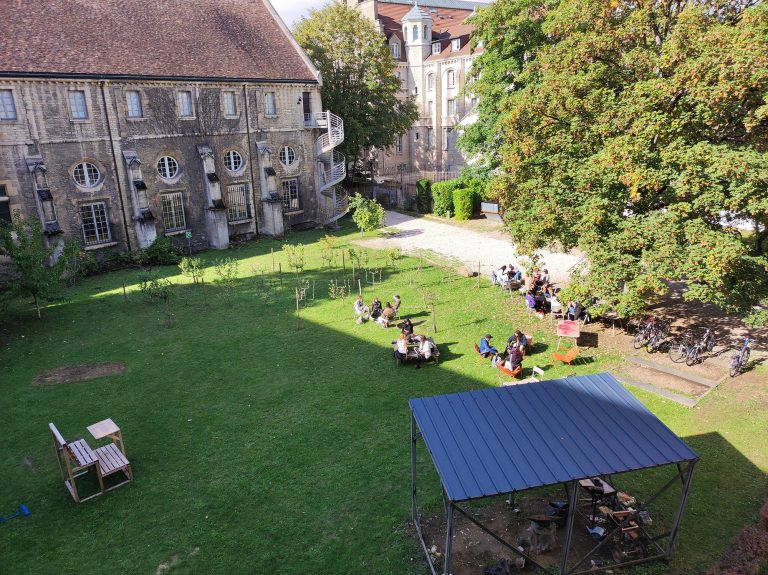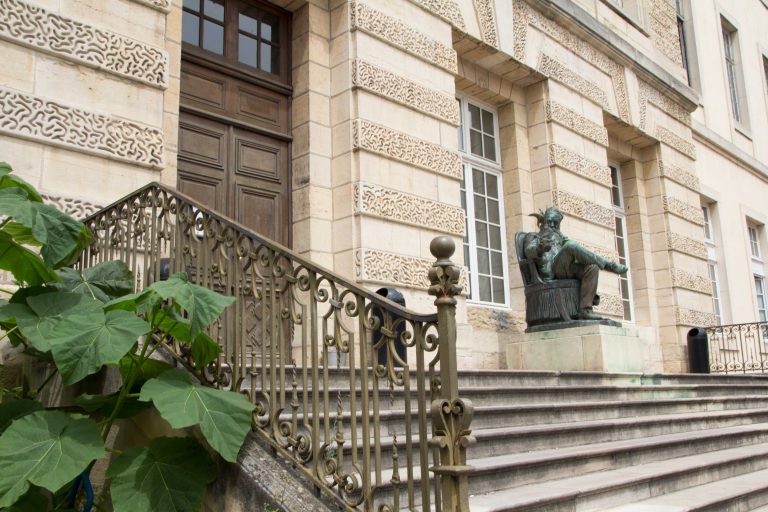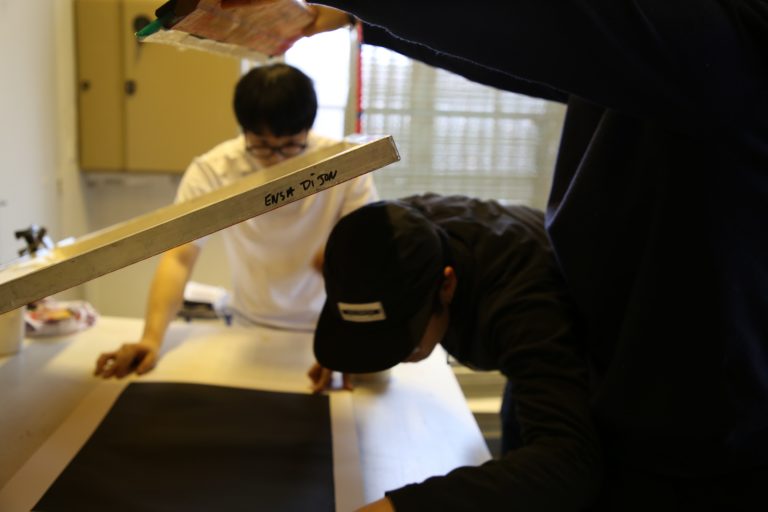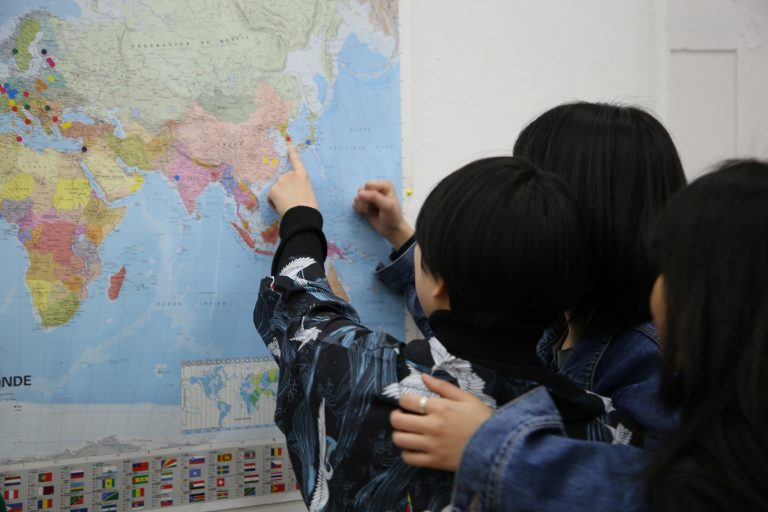Presentation
-

© ENSA Dijon
-

© ENSA Dijon
-

© ENSA Dijon
-

© ENSA Dijon
-

© ENSA Dijon
